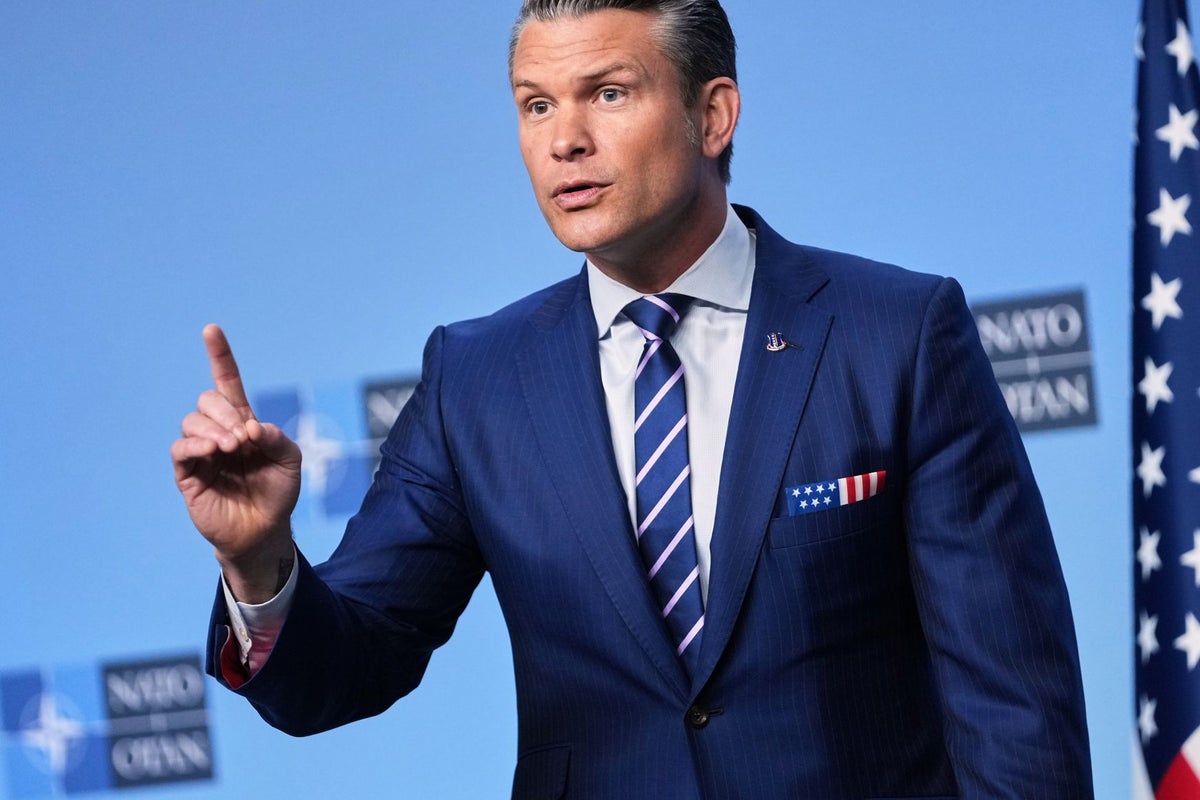The Fora Institute of Work is a natural extension of that mission: a dedicated initiative created to explore how forces such as AI are reshaping not just jobs, but the cultures, skills and environments that define them.
The Institute brings together an advisory board that share a determination to interrogate how work is evolving, and to ensure people remain at the centre of the conversation.
Here, the board reflect on the cultural unease that AI may fuel, and considers how organisations can design roles, workplaces and strategies that keep people, not technology, as the true drivers of progress. To hear more from the Fora Institute of Work, sign up here
When Change Comes Without Warning
One of the most striking trends the Institute tracks is the sheer speed of disruption. In the 19th century, it could take half a century for a major invention to translate into widespread productivity gains. Electricity halved that delay. The digital revolution cut it to a decade. Now, AI seems poised to compress that cycle to little more than a year.
The effect is dizzying. Businesses are being forced to rethink strategies almost as soon as they are written. Workers barely master one tool before it is replaced. Governments, typically slow to legislate, are scrambling to keep pace. In this climate, “adapt or be left behind” is no longer a cliché - it is a working reality.
The Fragility of Skills
The Institute’s research shows how skills have become less secure than ever. Specialisms that once took years to refine can be sidelined overnight by a new piece of software. That volatility undermines career planning, disrupts pay expectations and chips away at professional confidence.
There’s also a cognitive cost. As more decision-making is handed to machines, the day to day exercise of reasoning and problem-solving declines. While overseeing AI outputs can boost efficiency, it can also reduce the mental rigour that comes from doing complex work ourselves. The Institute regards this as one of the more underappreciated side-effects of automation.
It’s Not as Simple as “Jobs Lost” or “Jobs Saved”
Popular discussion often reduces AI’s impact to two extremes. Either it will take entire jobs wholesale, or it will automate the dull tasks and leave people with the interesting ones. The reality is far more complicated.
Jobs are rarely a neat bundle of separable tasks. Change one element and the entire workflow can shift. AI does not tend to remove humans entirely; it changes what humans are required to do, often in unplanned ways. The Institute’s analysis suggests that this constant reshaping of roles will be the defining feature of the AI era.
The Case for Humans in the Loop
Even in areas where AI’s technical capabilities are advanced, such as logistics or data processing, the Institute maintains that human oversight is essential. Automation can optimise, but it cannot take responsibility for outcomes. That accountability remains with people.
For all the disruption, the evidence so far points towards AI as more of a job shaper than a job destroyer. New roles are emerging faster than old ones disappear, and unlike previous waves of automation, most workers are already using AI informally at home or in the office. The adjustment is real, but the learning curve is shorter.
Designing Work Around People, Not the Other Way Round
This philosophy links directly back to Fora’s core business: creating workspaces. While the Institute focuses on research and ideas, Fora applies many of its insights in physical form. At sites such as Chancery House in Holborn, the design reflects the Institute’s belief in inclusive, people-first environments.
There are spaces for quiet focus, areas for collaboration, gyms and terraces for wellbeing, and social zones that encourage informal interaction. Lighting is tuned to human comfort, signage is clear and tactile, and layouts are built for multiple generations. It is a deliberate alternative to offices that prioritise novelty over usability - proof that good design can bridge differences rather than deepen them.
From Fear to Forward Motion
The rise of AI can be unsettling, but the Fora Institute of Work’s research points towards a more constructive response than panic. By protecting and developing the qualities machines cannot replicate - human judgement, creativity, empathy - and by designing both roles and workplaces that make the most of those strengths, organisations can turn disruption into opportunity.
The pause between invention and impact may have collapsed, but that does not mean humans have lost their place in the driver’s seat. With agility, awareness and the right working environments, people can remain the central force in the future of work. For the Institute, that is not just an insight - it is the framework for navigating the years ahead.
For more information on the E2E Dynamic 100, and to see the full list of winners click here.

.jpeg)












.jpeg?trim=69,0,64,0&width=1200&height=800&crop=1200:800)




.jpeg)














 English (US) ·
English (US) ·